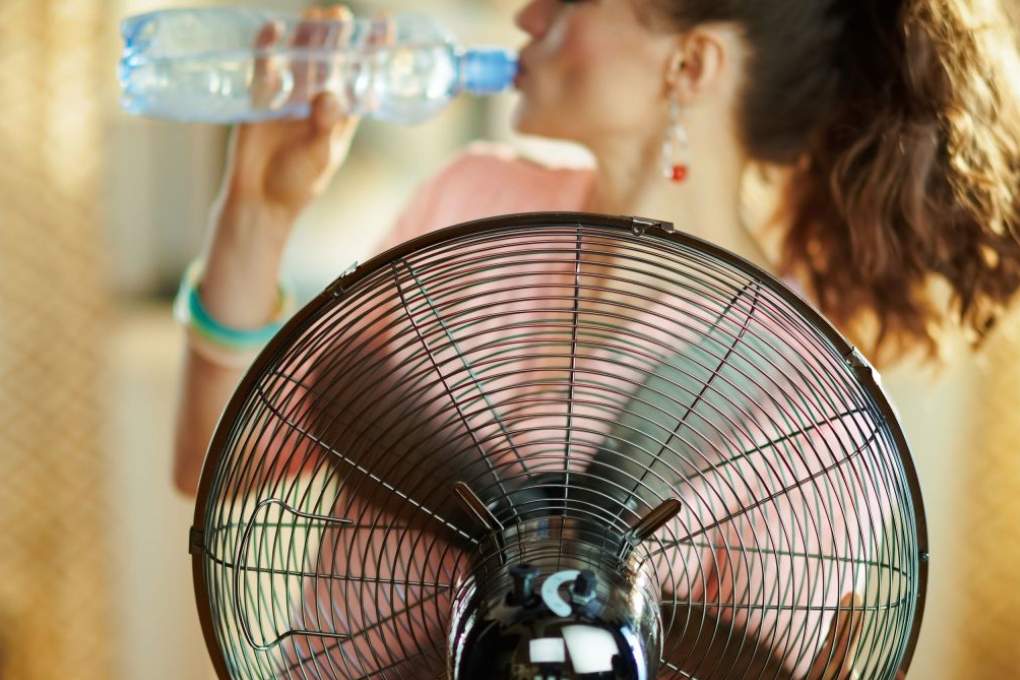Though hot weather affects us all, certain groups are particularly susceptible to heat-related illnesses; this includes babies and young children, older individuals living with chronic illnesses, as well as people taking certain medicines.
As climate change threatens our world, extreme heat waves and days are becoming more frequent and severe. To stay safe and protect your health, follow these simple steps and remain cool during these potentially uncomfortable events.
Remain Indoors
Most people recognize the need for precaution when venturing outdoors during extreme heat events, but staying cool indoors is also vital. One effective solution would be to install air conditioning in our homes, offices, or public buildings.

Staying indoors can help reduce your risk of heat exhaustion, heat stroke, and other serious health conditions. This is particularly important for individuals over 65 or with chronic health conditions or medications that interfere with the body’s natural ability to adjust temperature fluctuations.
In addition to staying hydrated with water or sports drinks containing electrolytes, it’s vitally important that you drink enough fluids. Dehydration can lead to serious heat-related illnesses—even death! Therefore, it’s wise to drink fluids before feeling thirsty; particularly beneficial is drinking enough fluids before thirst strikes and limiting caffeine or alcoholic beverages, which exacerbate dehydration.
Keep Cool
It is best to stay inside during the hottest part of the day in an air-conditioned space, using fans or opening windows to circulate air; wear loose clothing (avoid wool flannel trousers!); and avoid alcohol, as this may reduce thirst awareness and accelerate fluid loss.

Infants, children, older people, outdoor workers, those taking certain medications, or those living alone or in isolated areas are particularly at risk from heat-related illness. To decrease their risks and ensure they remain safe outdoors, ensure they have access to cool spaces with plenty of water – particularly at night.
Check the Bureau of Meteorology’s heatwave forecast online or via their app and be aware of SES Heat health warnings to keep track of temperature-related health hazards. Cancel or postpone non-essential activities until temperatures decrease, and plan any outdoor tasks essential to daily tasks for when temperatures have subsided.
Avoid Overexerting Yourself
Because heat waves can strain the cardiovascular system, it’s wise not to overdo your workout during an extreme heatwave. Save the most intense workouts for cooler days and listen to what your body tells you; if any physical warning signs arise (dizziness or lightheadedness), stop exercising immediately and cool off before continuing.
Under hot conditions, sweating and dehydration increase during exercise. Be sure to drink enough water regularly, and choose a sports drink with salts and minerals without too much sugar content. Also, consider wearing lightweight clothing designed to wick away sweat while protecting you from sun rays.
Stepping slowly towards adapting to hotter temperatures is often the key to successful adaptation, so take your time and monitor your health closely as you adjust.
Stay Hydrated
Dehydration can be a serious threat during extreme heat, increasing the likelihood of experiencing heatstroke. To combat dehydration and avoid heatstroke altogether, make sure that you drink water throughout the day, even if you don’t feel thirsty; choosing water over other beverages that contribute to dehydration, such as sugary or caffeine-filled coffee drinks or alcoholic beverages, could save lives and prevent heatstroke!

Pregnant women and those living with preexisting health conditions are at particular risk of dehydration in hot weather. At the same time, elderly people living alone may also be susceptible to dehydration during heatwaves. Therefore, it would be advisable to regularly check in on elderly relatives who live alone during these heatwaves to ensure they’re okay.
Setting reminders on your phone to remind yourself to drink enough water can help. Consuming watermelons, berries, and cucumbers may also aid your efforts.
Stay Safe
Extreme heat poses serious health threats, especially to older adults and young children. Dehydration and heatstroke may occur under extreme circumstances. If anyone around you is showing symptoms of heat exhaustion, such as headaches, dizziness, confusion, and weakness, seek medical assistance immediately.
Infants and children are particularly prone to heat-related illness due to their bodies not adapting quickly enough. Caregivers must ensure these precious little ones receive plenty of cool beverages throughout the day and are never left unsupervised in vehicles or other tight spaces that could quickly heat up.
Ascertaining the Heat Index will allow you to accurately gauge how hot it feels and keep a water bottle handy to stay hydrated regularly.
For more advice on maintaining your well-being, check out our guide on “Tips for Taking Care of Your Mental Health,” which offers practical strategies to help you manage stress, stay positive, and support your overall mental health.


